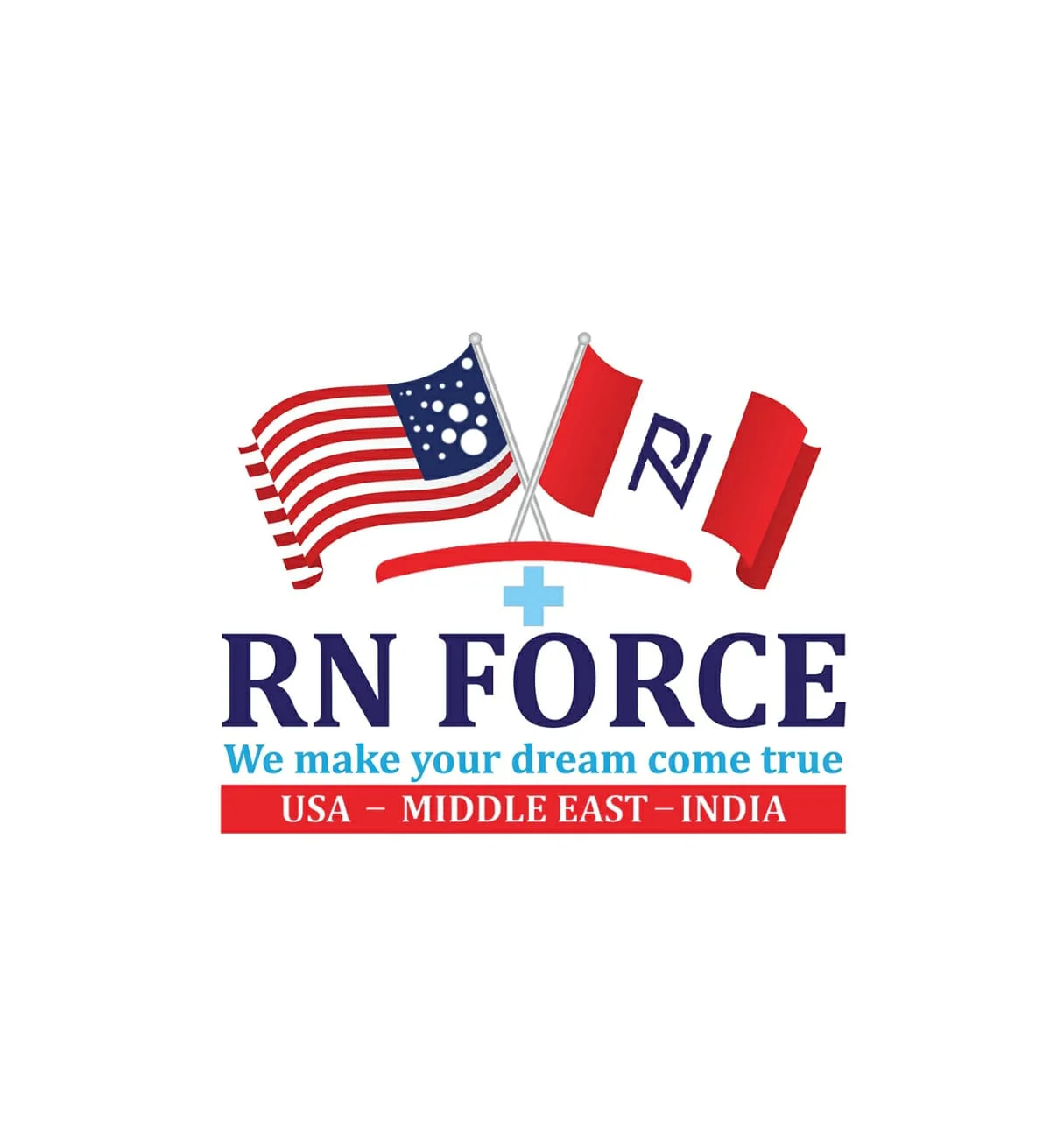The field of nursing has undergone remarkable transformation over the years, and advancements in healthcare have paved the way for nurses to take on more specialized roles. Nurse practitioners (NPs) and other specialized nursing roles play a pivotal role in enhancing patient care, bridging gaps in healthcare, and providing a higher level of expertise in various medical settings. In this blog, we will explore the significance of advancing nursing practice through the rise of nurse practitioners and other specialized roles.
The Rise of Nurse Practitioners
Nurse practitioners are highly skilled and educated professionals who have completed advanced nursing degrees and specialized training. They hold the authority to diagnose, treat, and manage patients’ health conditions independently. This expanded scope of practice allows NPs to provide comprehensive care, including prescribing medications and ordering diagnostic tests, contributing significantly to improved patient outcomes
Bridging the Gap in Healthcare
One of the primary advantages of nurse practitioners and specialized roles is their ability to address healthcare gaps. In many areas, particularly underserved rural or urban communities, access to primary healthcare is limited. Nurse practitioners can fill this void by providing primary care services to patients who might otherwise struggle to access timely and affordable medical attention.
Comprehensive and Holistic Care
Nurse practitioners are trained to view patients holistically, taking into account not just physical health but also mental, emotional, and social well-being. This patient-centered approach allows them to form stronger connections with their patients and better understand their unique healthcare needs. As a result, patients often report feeling more satisfied with the care they receive from nurse practitioners.
Specialized Nursing Roles
In addition to nurse practitioners, the nursing profession offers a diverse array of specialized roles. These roles include nurse anesthetists, clinical nurse specialists, nurse midwives, and nurse educators, among others. Each specialized role addresses specific healthcare needs, adding depth and expertise to the nursing workforce.
Collaboration and Interprofessional Practice
Specialized nursing roles promote collaboration among healthcare professionals. NPs and other specialized nurses work alongside physicians, pharmacists, therapists, and other healthcare providers, fostering an interprofessional approach to patient care. This collaboration enhances communication, coordination, and overall healthcare quality.
Continual Learning and Research
Advancing nursing practice demands a commitment to continual learning and research. Nurse practitioners and specialized nurses stay abreast of the latest medical advancements, evidence-based practices, and emerging technologies to provide the best care possible. Their contributions to nursing research and clinical trials further advance healthcare knowledge and practices.
Advancing nursing practice through the emergence of nurse practitioners and specialized roles has been a transformative force in the healthcare industry. These professionals bring a unique blend of expertise, compassion, and comprehensive care to their patients, bridging gaps in healthcare access and contributing to improved patient outcomes. As the nursing profession continues to evolve, nurse practitioners and specialized nurses will undoubtedly remain at the forefront, shaping the future of healthcare for the better. Their dedication to patient well-being and their commitment to excellence make them an indispensable asset to the healthcare community.






